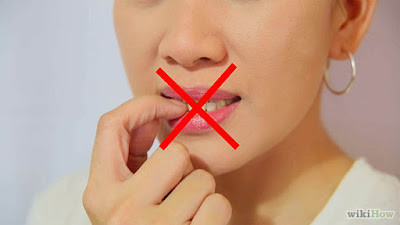Although unsanitary, nail biting isn't likely to cause long-term nail damage.
Nails are formed
within the nail bed — just beneath where the U-shaped cuticles begin. As long
as the nail bed remains intact, nail gnawing isn't prone to meddle with
fingernail development. Truth be told, some examination recommends that nail
gnawing may even advance speedier nail development.
Nail biting isn't
without risks, however. For example, nail biting can:
·
Damage the skin around the nail, increasing the risk of infection
·
Increase the risk of colds and other infections by encouraging the
spread of germs from your fingers to your mouth
·
Harm your teeth
If you're concerned
about nail biting, consult your doctor or a mental health provider. To stop
nail biting, he or she might suggest:
·
Avoiding factors that trigger nail biting, such as overstimulation
·
Using healthy ways, such as physical activity, to manage stress and
anxiety
·
Keeping your nails neatly trimmed or manicured
- Occupying your hands or
mouth with alternate activities, for example, playing a musical instrument
or mulling over gum
- In some cases, treatment
with behavior therapy might be needed.


No comments:
Post a Comment